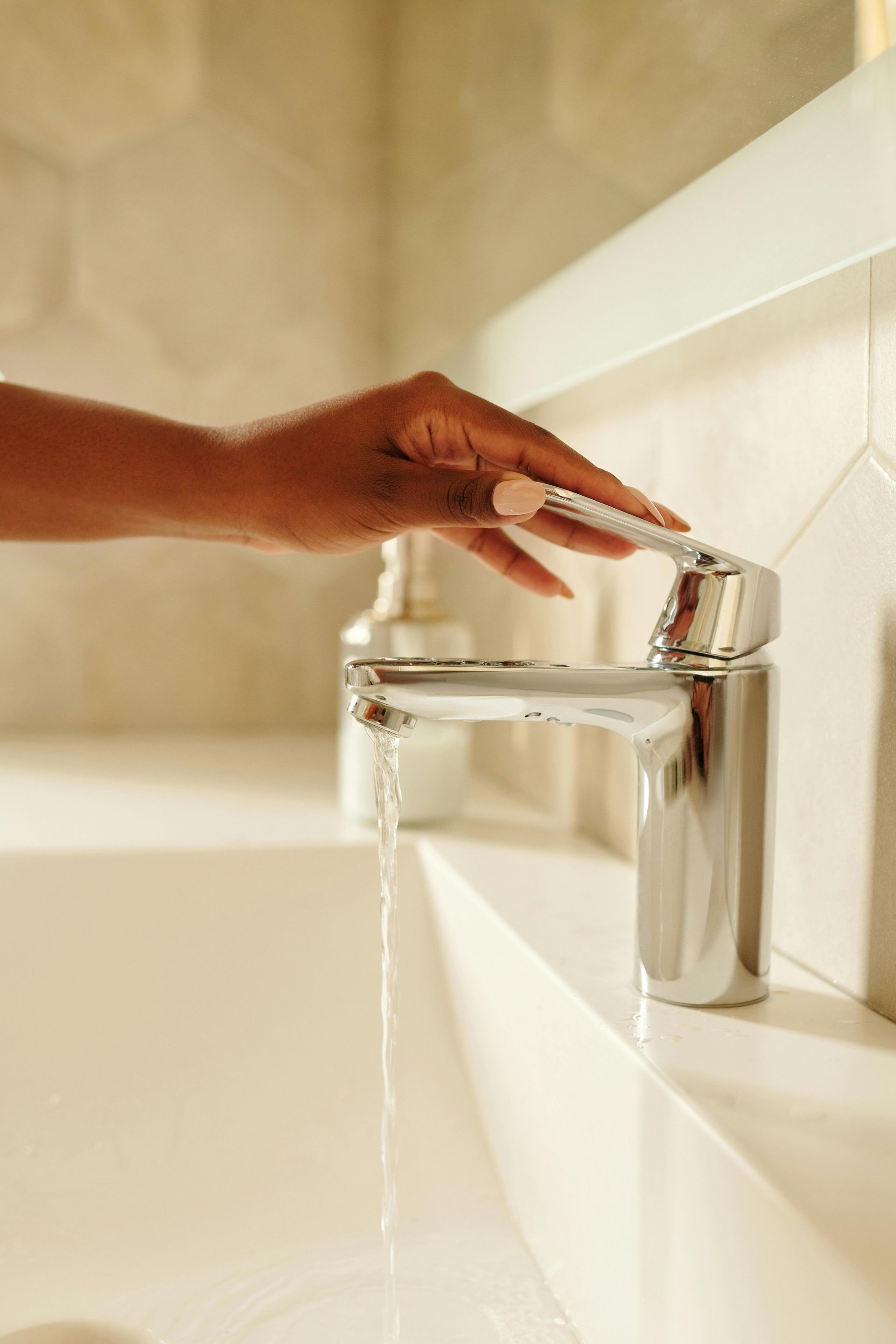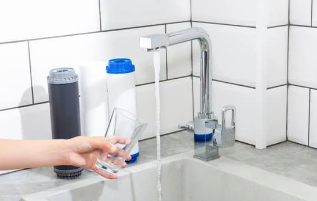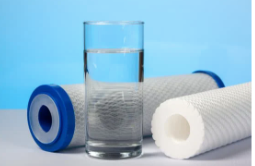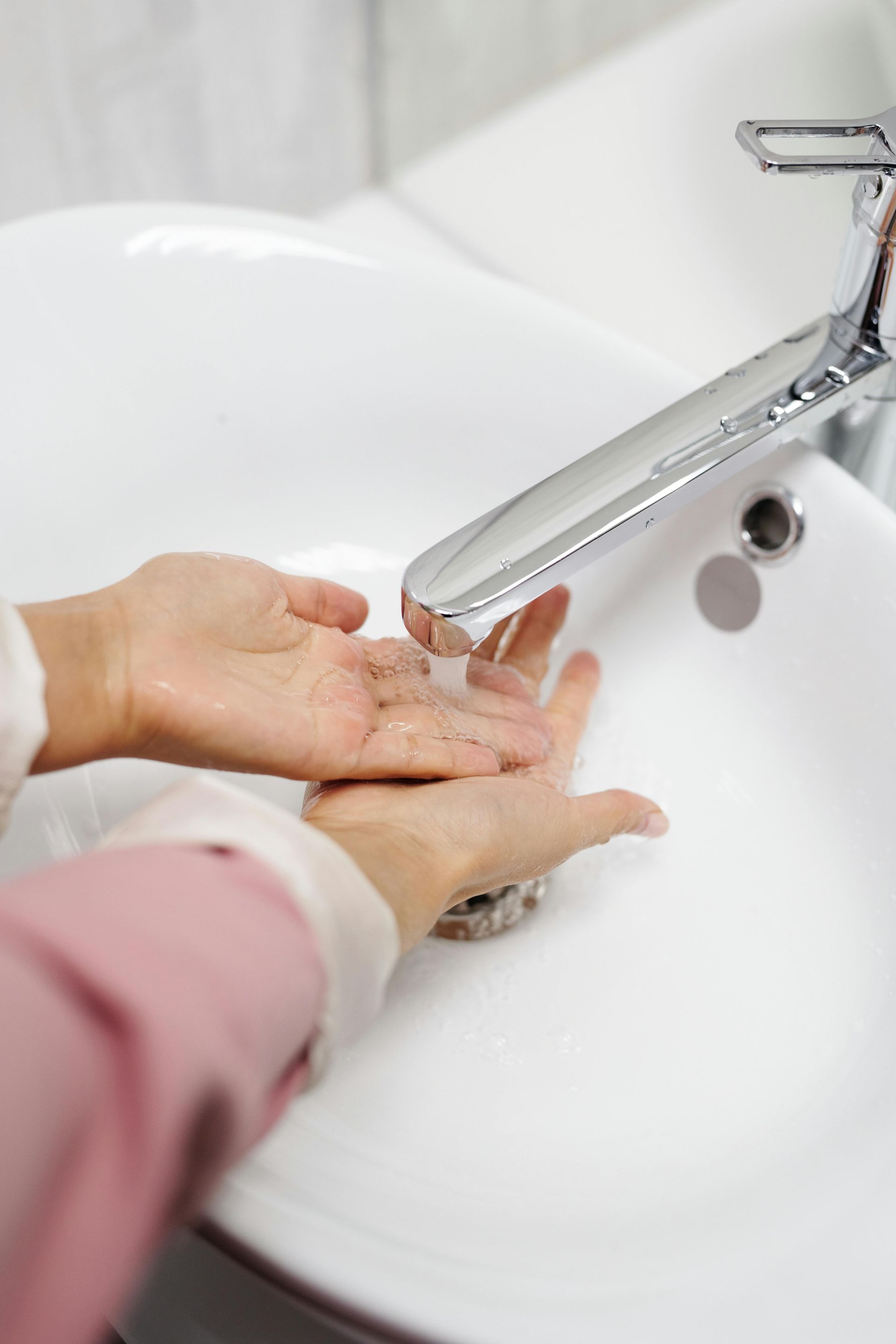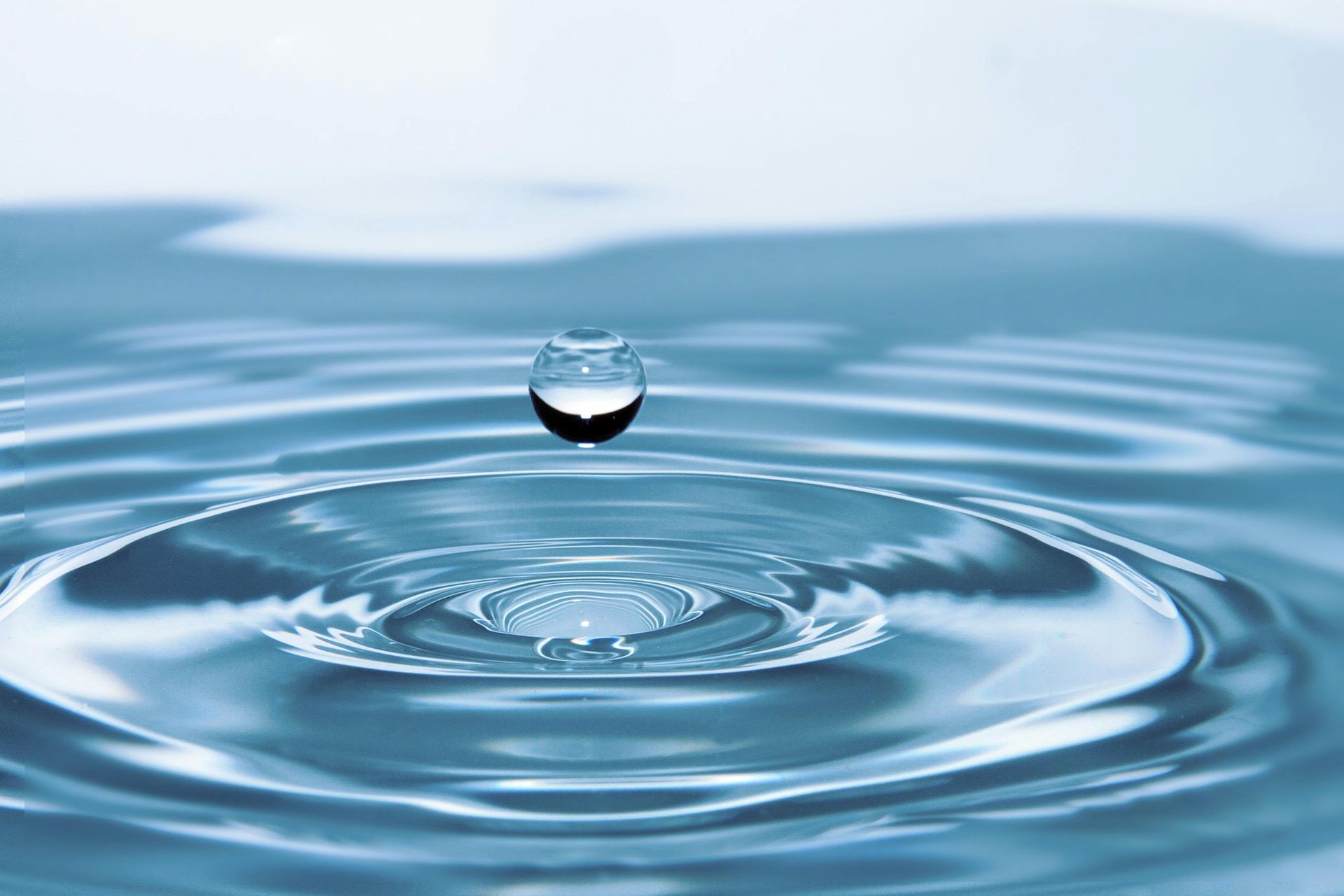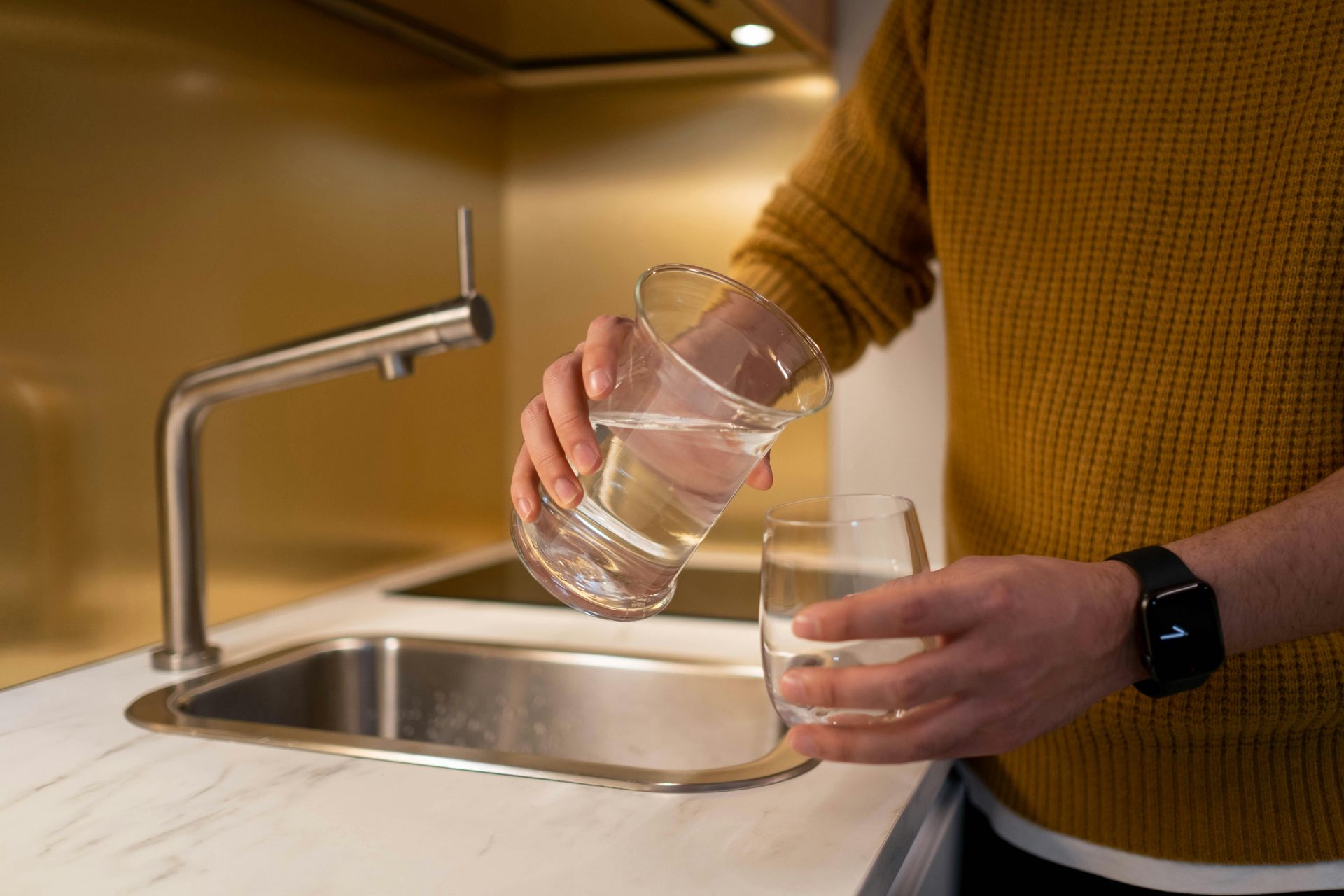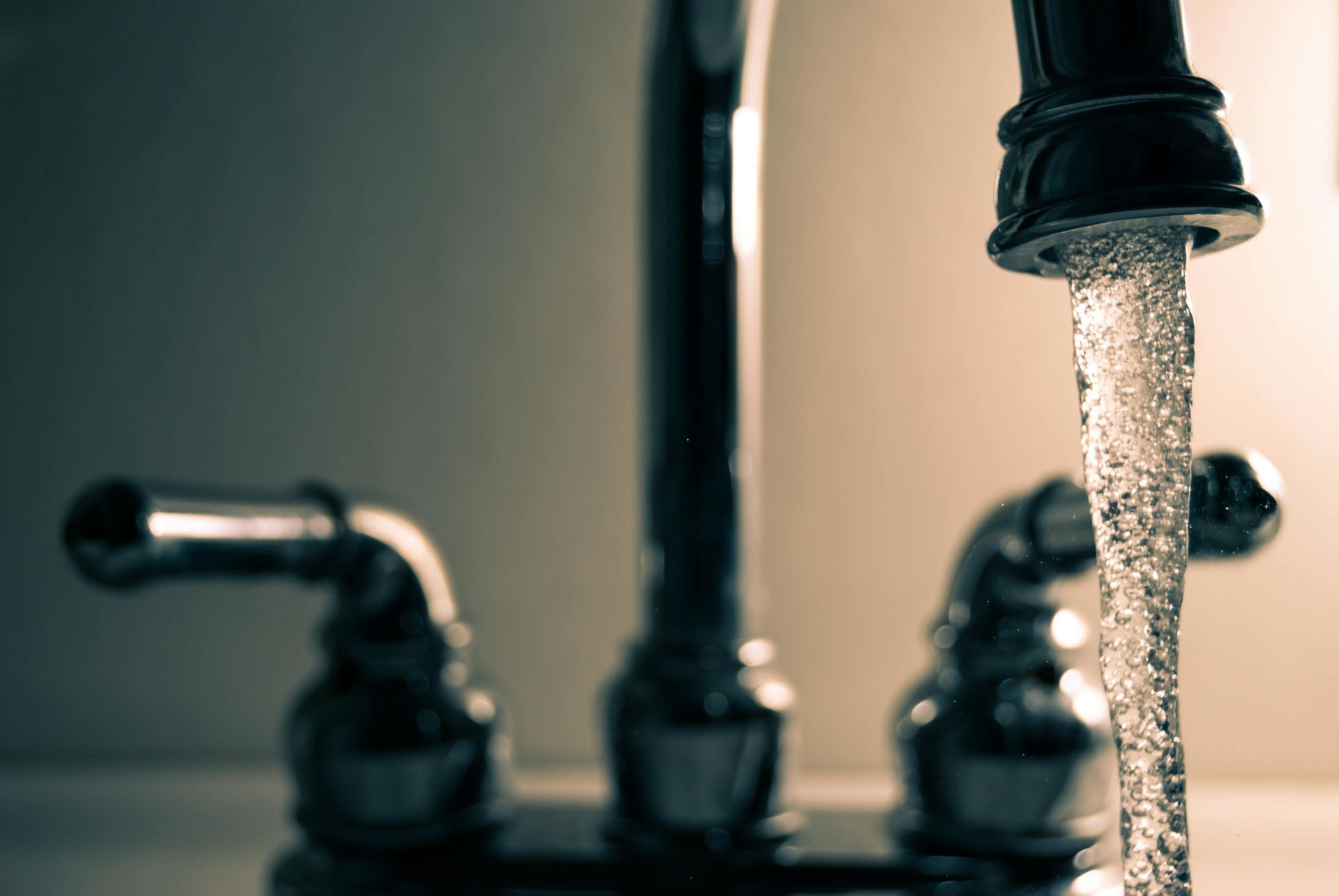Ion Exchange Resin : Pros and Cons
Pros and Cons for Effective Water Treatment

Water filtration is becoming increasingly important in both a domestic and industrial context to remove any impurities and contaminants from our water as water quality worsens throughout the UK due to pollution and sewage. In order to provide clean and pure water, water filtration is often required to make the water usable for industrial purposes or to make it drinkable.
When it comes to water filtration, there are many different methods available, each with its own advantages and disadvantages. One popular method is ion exchange resin, which is used to remove dissolved minerals and other contaminants from water. However, it's important to weigh the pros and cons of ion exchange resin compared to other water filtration methods before making a decision. Here's a closer look at how ion exchange resin stacks up.
What is Ion Exchange Resin?
Ion exchange resin is a type of water filtration technology that uses a resin material to remove dissolved minerals and other contaminants from water. The resin is made up of small beads that are charged with ions, which attract and bind to ions of the same charge in the water. This process effectively removes the contaminants from the water, leaving it clean and safe to drink. This process can be repeated continuously until the resin’s ion supply is depleted at which point the resin is easily rechargeable, usually with a sodium solution.
Pros of Ion Exchange Resin
Effective at Removing Minerals
Ion exchange resin is particularly effective at removing minerals that cause hard water, such as calcium and magnesium. This makes it a popular choice for homeowners who want to improve the quality of their drinking water and prevent mineral buildup in their plumbing. Ion exchange resins really shine at the domestic level and that is why they are often used in domestic water softeners.
Easy to Install
Ion exchange resin water filtration systems are relatively easy to install and maintain. They don't require a lot of space and can be installed in most homes without major modifications. The process is low maintenance and the only user requirement is to keep an eye on the ion levels of the resin and replenish as necessary. In terms of water treatment, ion exchange is as easy as it gets.
Long-Lasting
With proper maintenance, ion exchange resin water filtration systems can last for many years. As discussed above, the resin beads can be recharged easily or they can be replaced as needed to ensure that the system continues to work effectively. Occasional maintenance may be needed but a decent water filtration system can run for years with limited input.
Low Initial Costs
Ion Exchange is a relatively accessible form of water purification, providing a reliable and continuous service at a low price point. The initial cost of the filtration system is quite cost effective as filtration systems go and depending on where you buy your resin, it can continue to be quite cheap throughout its lifetime. That being said, it is a continual running process and that means continual running fees…
Cons of Ion Exchange Resin
Ongoing Costs
Ion exchange resin water filtration systems are relatively low-maintenance and are low cost entry in comparison to other forms of water filtration. However, it needs to be noted that there are ongoing costs associated with the system. The resin beads need to be recharged or replaced periodically, which can easily add up over time and it is another expense that you might not be able to handle. For industrial companies, this is less of an issue but for domestic use, the ongoing costs can be a major obstacle for ion exchange systems.
Doesn't Remove All Contaminants
While ion exchange resin is effective at removing minerals, it doesn't remove all types of contaminants from water. For example, it doesn't remove bacteria, viruses, or organic compounds. For this reason, it's important to use additional water filtration methods, such as activated carbon or UV sterilisation, to ensure that the water is completely safe to drink. If you are using ion exchange resin for industrial use, this is of particular interest as you may require pure water which ion exchange is unable to provide on its own. This certainly doesn’t help with ongoing costs but it should also be noted that ion exchange resin is by far the best option for removing minerals at a fair price point and other water treatment methods have the reverse limitation.
Waste Water
Ion exchange resin systems generate waste water, which can be a concern for homeowners who want to conserve water. The wastewater contains the contaminants that were removed from the water, which can be a problem if they're not disposed of properly.
Comparing Ion Exchange Resin to Other Water Filtration Methods
While ion exchange resin is effective at removing minerals from water, it's not the only option available for both domestic and industrial use. Here's a selection of other water filtration methods currently available on the market and how they stack up against ion exchange resin.
- Activated Carbon: Activated carbon filters are effective at removing organic compounds, chlorine, and other chemicals from water. They don't remove minerals, however, so they're not effective at preventing hard water buildup in plumbing. They are often used in association in ion exchange to provide full water treatment.
- Reverse Osmosis: Reverse osmosis systems use a semi-permeable membrane to remove minerals, bacteria, and other contaminants from water. They're highly effective, but also expensive and require regular maintenance.
- UV Sterilisation: UV sterilisation systems use UV light to kill bacteria and viruses in water. They're effective at removing microorganisms, but don't remove minerals or other contaminants.
In conclusion, ion exchange resin is an effective water filtration method that is particularly useful for removing minerals that cause hard water. However, it's important to consider the pros and cons of ion exchange resin compared to other water filtration methods before making a decision. Consult with a water filtration expert to determine which method is best for your home and water quality needs.


